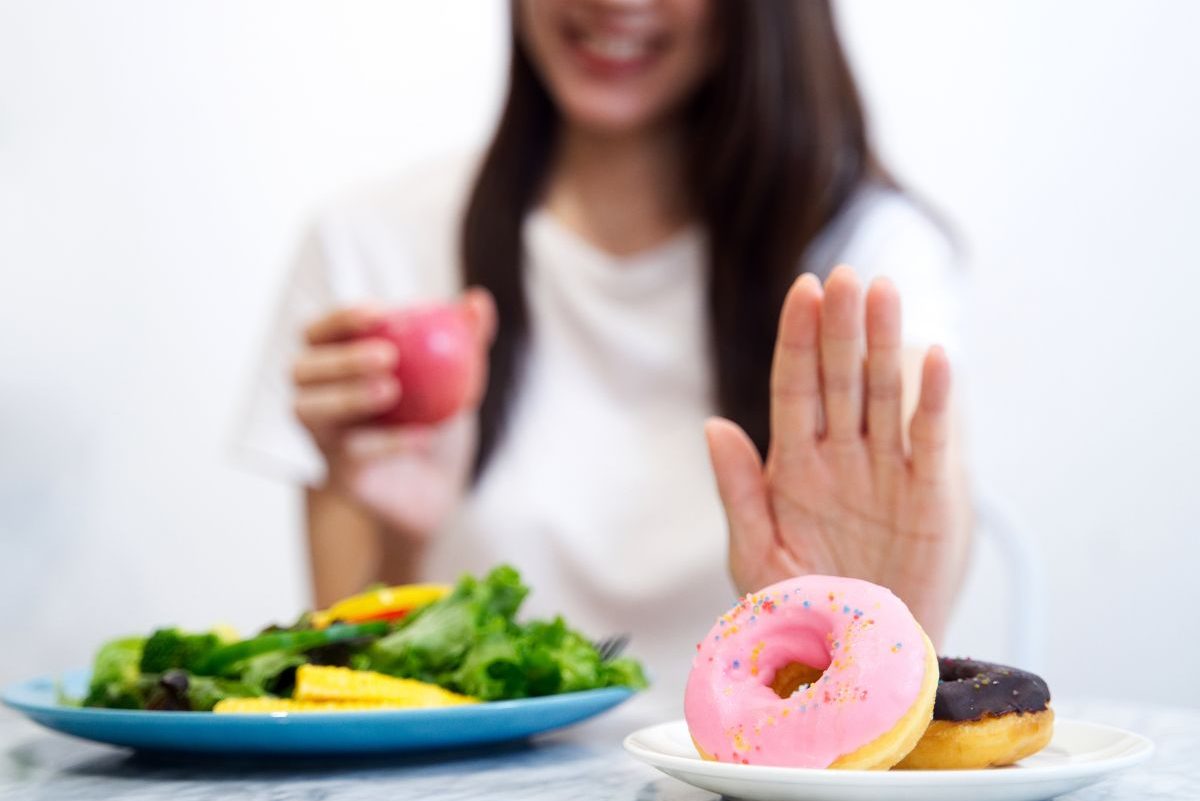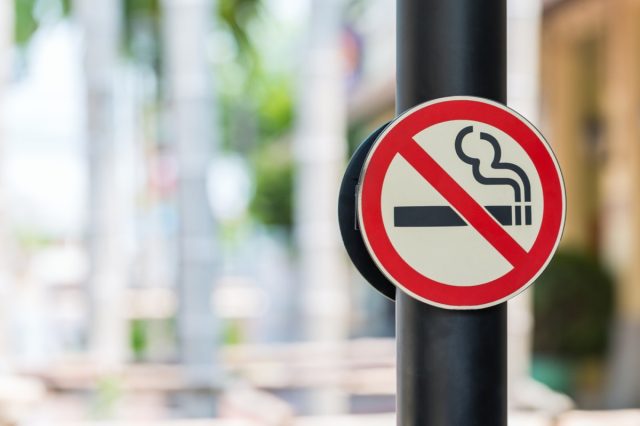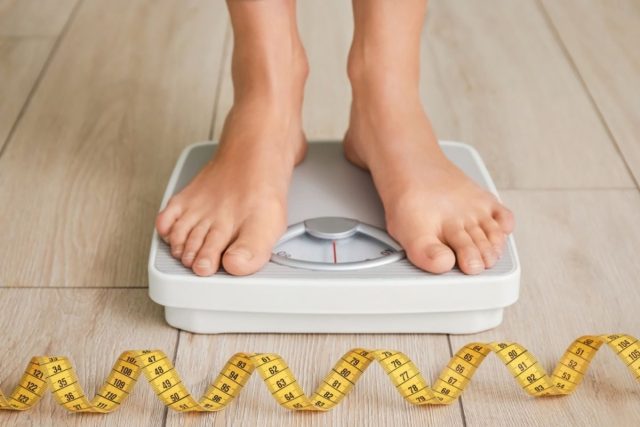Learn how to get your cholesterol under control naturally.

High cholesterol doesn't make the headlines that other health concerns do, but it's a hidden danger that affects millions of Americans. According to the Centers for Disease Control and Prevention, "Nearly 94 million U.S. adults age 20 or older have total cholesterol levels higher than 200 mg/dL. Twenty-eight million adults in the United States have total cholesterol levels higher than 240 mg/dL." High cholesterol often doesn't show signs, but a blood test can indicate if your levels are too high. If left untreated high cholesterol can lead to serious health issues like heart disease, stroke, diabetes and more. Eat This, Not That! Health spoke with Sean Marchese, MS, RN, a registered nurse at The Mesothelioma Center with a background in oncology clinical trials and over 15 years of direct patient care experience who shares five ways to help naturally lower your cholesterol. As always, please consult with your physician for medical advice. Read on—and to ensure your health and the health of others, don't miss these Sure Signs You've Already Had COVID.
Improve Your Diet

Marchese tells us, "Many foods naturally lower cholesterol levels, and you can take steps to remove sources of cholesterol from your diet. Avoid saturated fats, such as red meats and full-fat dairy, and trans fats from oil, crackers, cookies and cakes. Soluble fiber reduces cholesterol absorption in the blood and is found in oatmeal, kidney beans, apples, and Brussels sprouts. Whey protein from dairy products has been shown to lower LDL and total cholesterol and may improve blood pressure. Food rich in omega-3 fatty acids, such as salmon, walnuts and flaxseed, don't directly affect cholesterol levels. Still, they contribute to healthy heart tissue and blood vessels."
Reduce Alcohol Consumption

Marchese says, "Moderate alcohol use can contribute to higher HDL levels or "bad" cholesterol. Healthy adults should avoid alcohol as much as possible or aim for no more than one to two daily drinks. In addition to high cholesterol, recurrent alcohol use can lead to hypertension, heart failure and stroke."
Quit Smoking

"Tobacco use can increase heart pressure and heart rate, compounding the adverse effects of atherosclerosis from high cholesterol levels," Marchese explains. "Quitting tobacco improved HDL cholesterol levels by improving blood circulation and lung function. A year after quitting, heart disease risk is cut in half for most ex-smokers."
Lose Weight

According to Marchese, "People who carry weight around their abdomen tend to have a higher ratio of visceral fat, which can adversely affect sensitive organs like the liver. Extra weight contributes to high cholesterol and increases the workload on arteries and blood vessels. Reducing sugary foods, incorporating healthy snacks, and finding ways to increase activity throughout the day are all great ways to improve weight loss."
Increase Activity and Exercise

Marchese shares, "Physical activity raises the production of HDL in your bloodstream, which helps clear LDL and reduces atherosclerosis. The recommendation for healthy adults is about 30 minutes of moderate exercise five times per week or vigorous aerobics for 20 minutes three times per week. Try finding ways to incorporate more activity throughout your days, such as a walk during the afternoon, evening bike rides, sports or an active hobby like hiking or swimming."
5 Ways to Lower Your Cholesterol Naturally — Eat This Not That